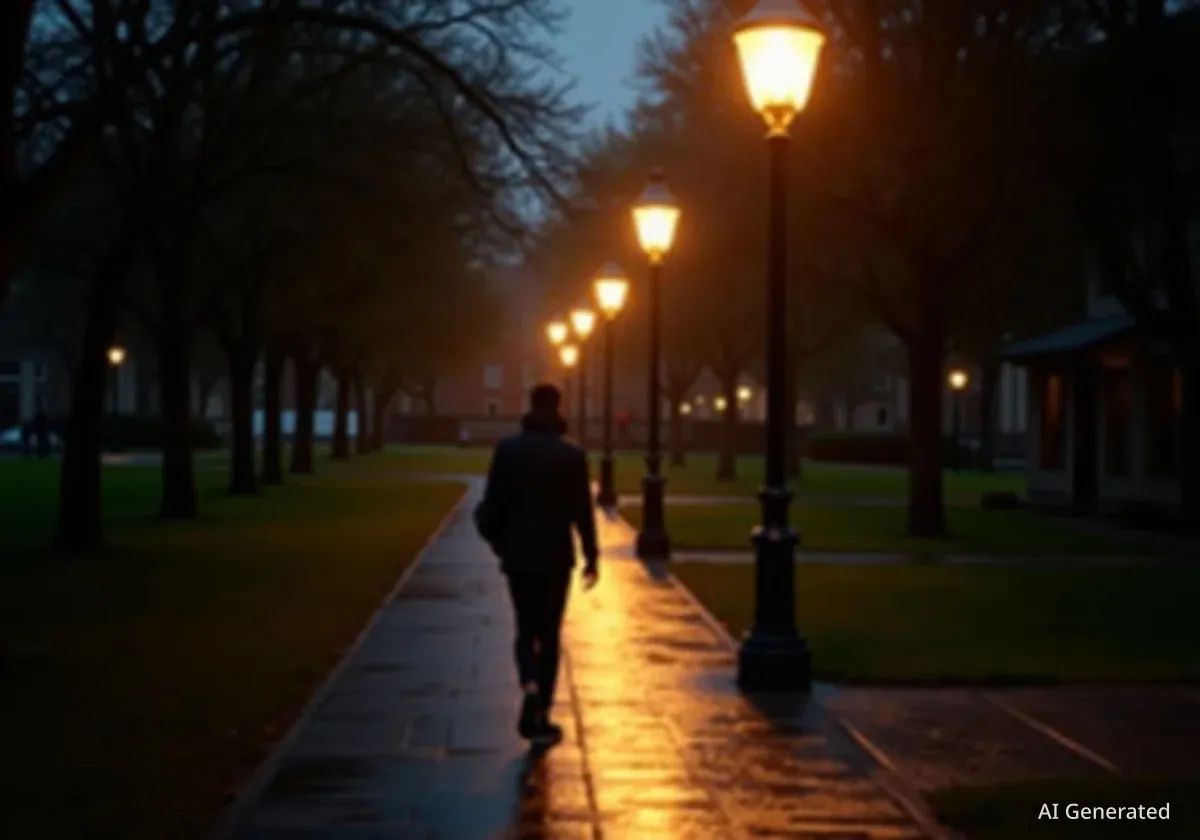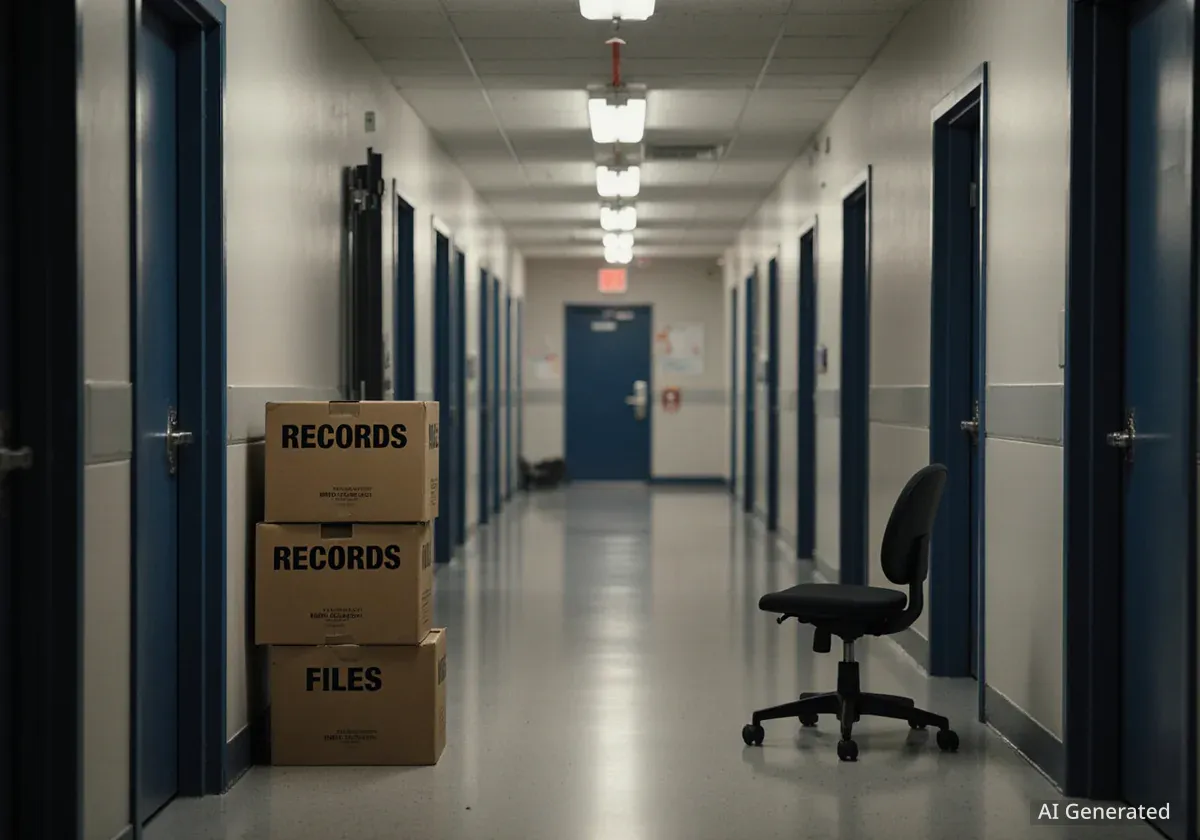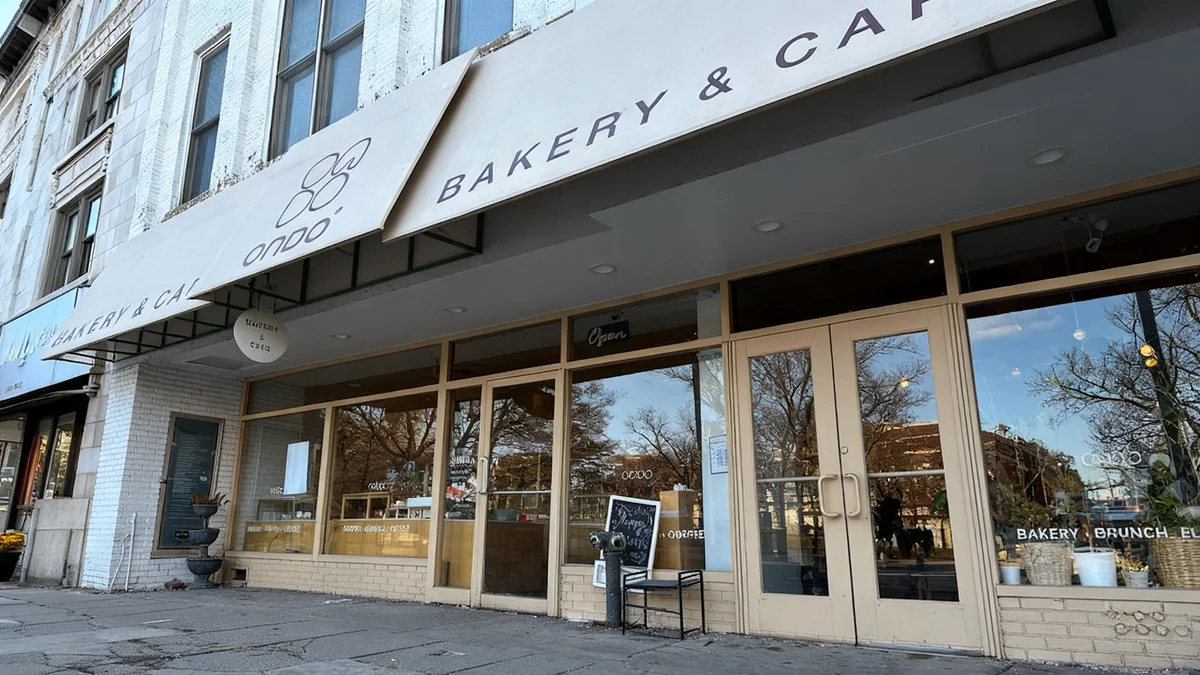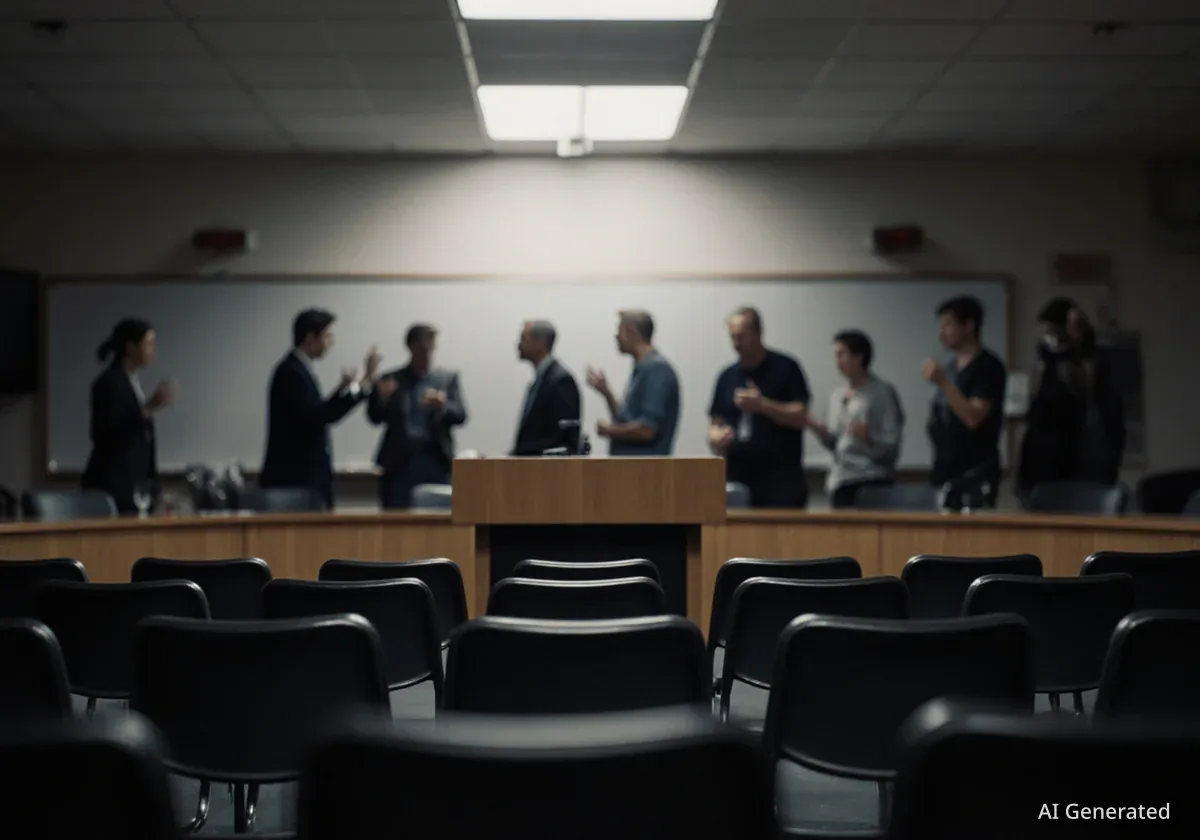The University of Pennsylvania's Division of Public Safety has issued a public alert following a series of unprovoked attacks on students and community members. Individuals walking near the campus have reported being struck on the back of the head by groups of young people.
In response, the university announced it is significantly increasing security and police presence in the affected areas. Officials believe the incidents may be connected to a harmful social media trend circulating nationwide.
Key Takeaways
- Students and community members are being randomly struck on the head near the University of Pennsylvania campus.
- The attacks are occurring between 38th and 40th streets, from Market to Locust streets.
- Penn Public Safety has linked the incidents to a possible social media trend.
- The university is increasing police and security patrols and collaborating with city partners to address the issue.
- Community members are advised to stay alert, limit distractions, and use campus safety services.
Details of the Unprovoked Incidents
The Division of Public Safety at the University of Pennsylvania released a formal safety notification detailing the concerning events. According to the alert, multiple individuals have been targeted in unprovoked physical assaults while walking in West Philadelphia.
The attacks share a consistent pattern. Victims report being approached by groups of young people and then being struck on the back of the head. The strikes have been delivered with either an open hand or a closed fist, causing surprise and potential injury.
Specific Location of Attacks
The incidents have been concentrated in a specific two-block radius adjacent to the campus. The reported area is between 38th and 40th streets, spanning from Market Street to Locust Street. This area includes busy pedestrian routes used by students, faculty, and local residents.
Officials have emphasized the random nature of these assaults. The perpetrators do not appear to be engaging in robbery or other criminal activity; the primary act is the strike itself. This pattern has led authorities to investigate motives beyond typical street crime.
University Implements Enhanced Safety Measures
In direct response to the reports, the University of Pennsylvania has taken immediate action to enhance safety and security on and around its campus. The Division of Public Safety is coordinating a multi-faceted approach to deter further incidents and ensure community well-being.
A key component of the response is a visible increase in security personnel. The university will deploy additional security staff and uniformed police officers to patrol the affected streets. This heightened presence is intended to act as a deterrent and provide a faster response to any new incidents.
Furthermore, Penn is working closely with its city partners, including the Philadelphia Police Department, to coordinate efforts. This collaboration aims to share information and develop strategies to prevent these attacks from continuing.
"We will continue, as long as necessary, to take steps to stop these events from happening so members of our community feel safe and unthreatened," the university's alert stated.
This commitment underscores the seriousness with which the university is treating the situation, promising a sustained effort rather than a temporary measure.
Connection to a National Social Media Trend
Penn Public Safety officials stated they believe the attacks are not isolated criminal acts but are instead connected to a broader, nationwide phenomenon. The alert specifically mentioned a possible link to a social media trend or challenge.
These types of online trends often encourage participants to perform and record specific actions, which can sometimes be disruptive or violent, for the purpose of gaining online attention. The unprovoked and seemingly pointless nature of the head-striking incidents aligns with patterns seen in other harmful social media challenges across the country.
The Danger of Viral 'Challenges'
So-called social media challenges have previously led to property damage, serious injuries, and criminal charges in various parts of the country. Law enforcement agencies frequently issue warnings about these trends, as participants often do not fully consider the real-world consequences of their actions on victims.
The university did not specify which particular trend they suspect is motivating the assaults. However, by publicly acknowledging the potential link, they are contextualizing the incidents and warning the community about the possible motivations behind them.
Official Safety Recommendations for the Community
Alongside its security enhancements, the Division of Public Safety has issued clear guidance for students, faculty, and residents to help them stay safe. The advice focuses on situational awareness and utilizing available campus resources.
The university strongly encourages community members to be aware of their surroundings at all times. This includes practical steps to reduce potential risks.
Key Safety Tips:
- Limit Distractions: Avoid walking while using cellphones or wearing headphones, as this can reduce awareness of your immediate environment.
- Be Aware of Your Location: Always identify your current location and note nearby exits or safe places you can go to if you feel threatened.
- Trust Your Instincts: If a situation or person feels unsafe, leave the area immediately and head toward a populated, well-lit location.
- Walk in Groups: Whenever possible, travel with friends or colleagues, especially during evening hours.
Penn also reminded the community of its dedicated safety services. The university provides a 24-hour walking escort service, which can be requested by anyone who feels unsafe walking alone on or near campus. This service provides a trained security officer to accompany individuals to their destination.
Officials urge anyone who witnesses or experiences an attack to report it immediately to Penn Police or Philadelphia Police by calling 911. Prompt reporting is critical for a swift law enforcement response and for gathering information to prevent future incidents.





